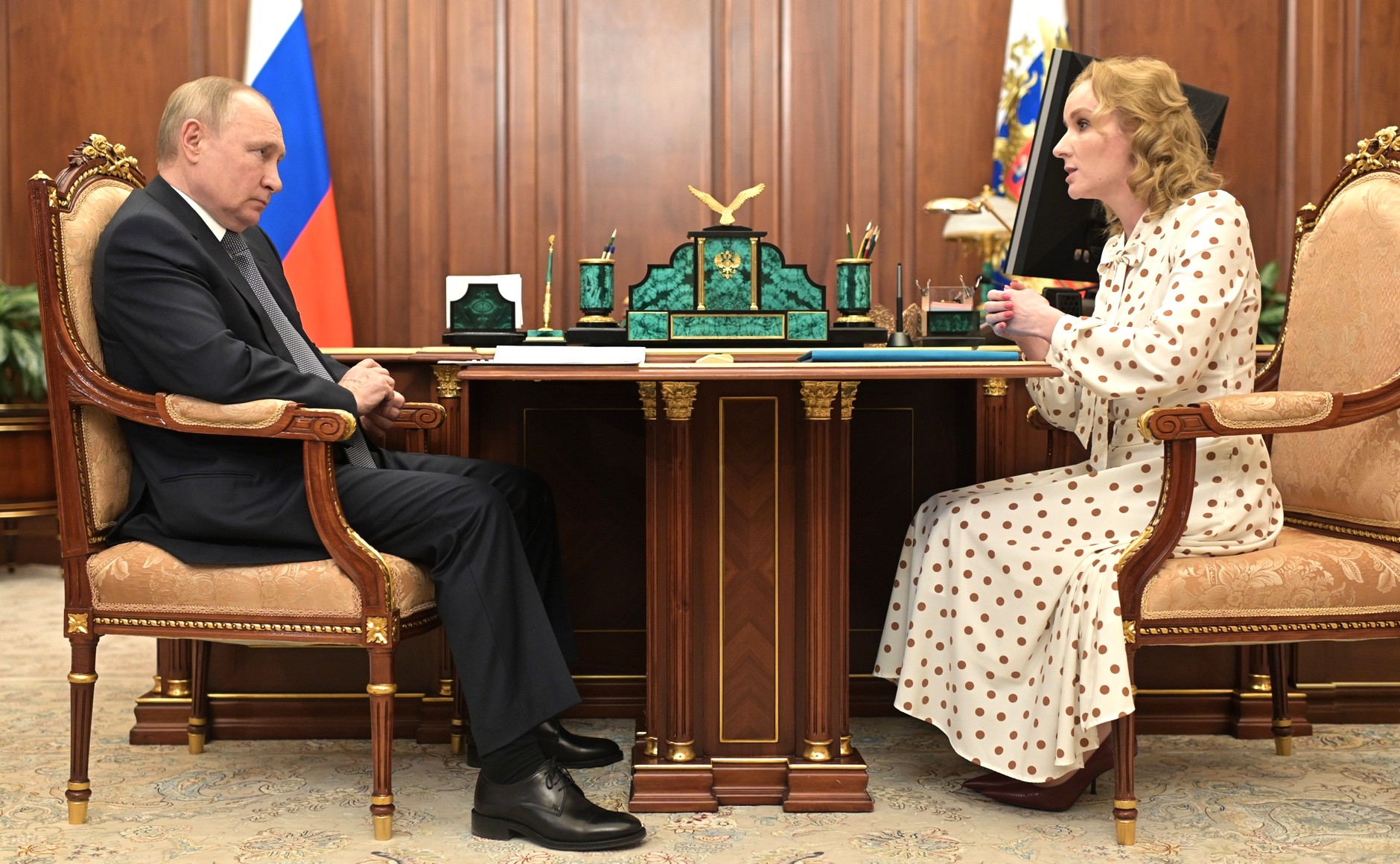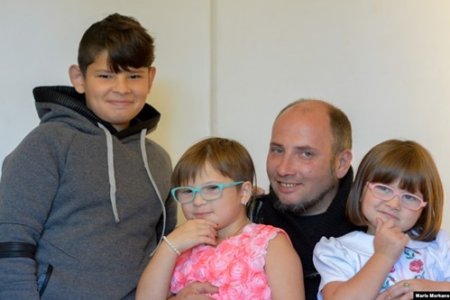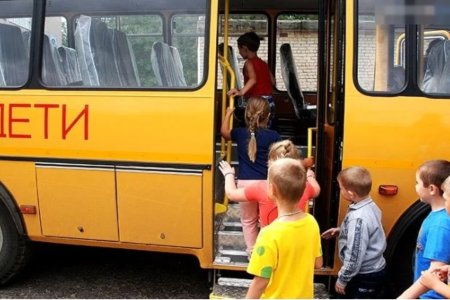
Russian leader Vladimir Putin may not be detained in the near future, but the International Criminal Court’s decision to issue an arrest warrant against him and Maria Lvova-Belova is no mere symbolic gesture. As ICC President Piotr Hofmański stresses, no presidential or other immunity can protect a person from liability for the international crimes covered by the Rome Statute, and all 123 member states have the legal responsibility to implement the warrant. This is the first time that the Court has issued an arrest warrant against an acting leader of a country, and the move sends a vital message to Russia and to the international community. While Russia will not extradite them to face trial, neither will be able to travel freely. Even high-level telephone conversations, let alone state visits, will take place in the awareness that Putin is wanted for suspected war crimes. The only frustration is that, like the West’s reaction to Russia’s aggression, the decision did not come back in 2014 when Ukrainian children first began being deported to Russia.
Chief ICC Prosecutor Karim Khan announced on 17 March that the Court’s Pre-trial Chamber had decided, on the basis of the evidence provided by his office, that “there are reasonable grounds to believe that President Putin and Ms Lvova-Belova bear criminal responsibility for the unlawful deportation and transfer of Ukrainian children from occupied areas of Ukraine to the Russian Federation”. Professor Hofmański’s statement explains that Putin is believed to bear individual criminal responsibility “both i) for having committed the acts directly, jointly with others and/or through others (article 25(3)(a) of the Rome Statute), and (ii) for his failure to exercise control properly over civilian and military subordinates who committed the acts, or allowed for their commission, and who were under his effective authority and control, pursuant to superior responsibility (article 28(b) of the Rome Statute).”
Both Putin and Lvova-Belova, the so-called Commissioner on Children’s Rights under the President, have very publicly advocated the supposed ‘adoption’ of Ukrainian children taken to Russia, and Putin issued a decree, back on 20 May 2022, simplifying the procedure for adopting ‘Ukrainian orphans’. They and numerous other officials have taken part in all sorts of propaganda videos which, regardless of the narrative they use, provide proof of deportations and attempts to indoctrinate Ukrainian children. In September 2022, Lvova-Belova openly admitted that the 30 Ukrainian children from Mariupol who had been taken to Moscow region had “said foul things” about Putin and had sung the Ukrainian national anthem and chanted ‘Glory to Ukraine’, “and all that stuff”. She was clearly boasting, not only of their forced deportation to Russia, but also of their planned ‘re-education’.
Putin’s decree simplifying adoption and such deportation were condemned from the outset by high-ranking UN officials and others, and there is simply no question that the individuals issued with arrest warrants, and Russia, were not aware that such actions were in breach of unequivocal prohibitions set out in the Fourth Geneva Convention, the Convention on the Prevention and Punishment of Genocide and other legally binding documents of international law.
The deportation of children is unambiguously a war crime. It may also constitute a crime against humanity or an act of genocide. In defining “acts committed with intent to destroy, in whole or in part, a national, ethnical, racial or religious group,” the above-mentioned Convention on the Prevention of Genocide specifically names “forcibly transferring children of the group to another group.” [Article II(e)].
In his first comments on the arrest warrants, Gungyuz Mamedov, Former First Deputy Prosecutor General of Ukraine and Head of the ‘War Department’, pointed out that the threshold of proof in cases involving crimes against humanity or genocide is significantly higher. This does not preclude such proof being presented in future, and many human rights lawyers and activists see genocidal policies, as per the Convention, in Russia’s forced deportation of Ukrainian children, in the efforts underway to turn such children into ‘Russians’ and in the fact that it is holding children, who have families, in children’s camps, etc. in Russia or occupied Crimea and attempting to brainwash them. In a report published in February 2023, the Yale Humanitarian Research Laboratory said it believed that at least six thousand Ukrainian children were either held at or had attended Russian ‘re-education’ camps.
According to official figures in Ukraine, at least 16,226 children have been deported from Ukraine, although the figure may be much higher. Although mass deportations may have been from children’s homes or orphanages, there have been many cases where children who have living parents or relatives were deported. Yevhen Mezhevyi was taken prisoner by the Russians and subjected to so-called ‘filtration’ while his three children were taken to Russia. It was only thanks to his son’s fast-thinking and help from NGOs that he was able to rescue his children before they were ‘put up for adoption’ (details here).
Mamedov points out that the ICC’s decision is not only extremely important, but also swift, given that the investigation was only initiated on 3 March 2022. That, and the fact that ICC had issued warrants against high-ranking individuals, is a powerful signal and “gives certain grounds for optimism”.
One problem, however, it that the decision concerns only crimes committed since Russia’s full-scale invasion. Russia began forcibly taking children from Donbas back in the summer of 2014, with at least three cases, involving groups of children, having been before the European Court of Human Rights since 2014. Graty points out also that a Russian organization, that became state-funded in November 2014, openly claimed to have “evacuated” over 600 Ukrainian children from Donbas between 2014-2016. In December 2016, the organization’s founder Elizaveta Glinka received a state award from Putin for so-called “outstanding achievements in the field of human rights activities.” In occupied Crimea, Mamedov notes, there were over 4,300 children without parental care or orphans, who should also be viewed as victims of the same forced ‘russification’, adoption into Russian families or deportation.
This is hopefully only the first of many arrest warrants, which may not lead to Putin or others facing trial in the near future, but do send the message that, as ICC President Hofmańsk put it, “war crimes have consequences”. Among the other consequences should surely be serious moves to remove Russia’s permanent membership and power of veto at the United Nations.



